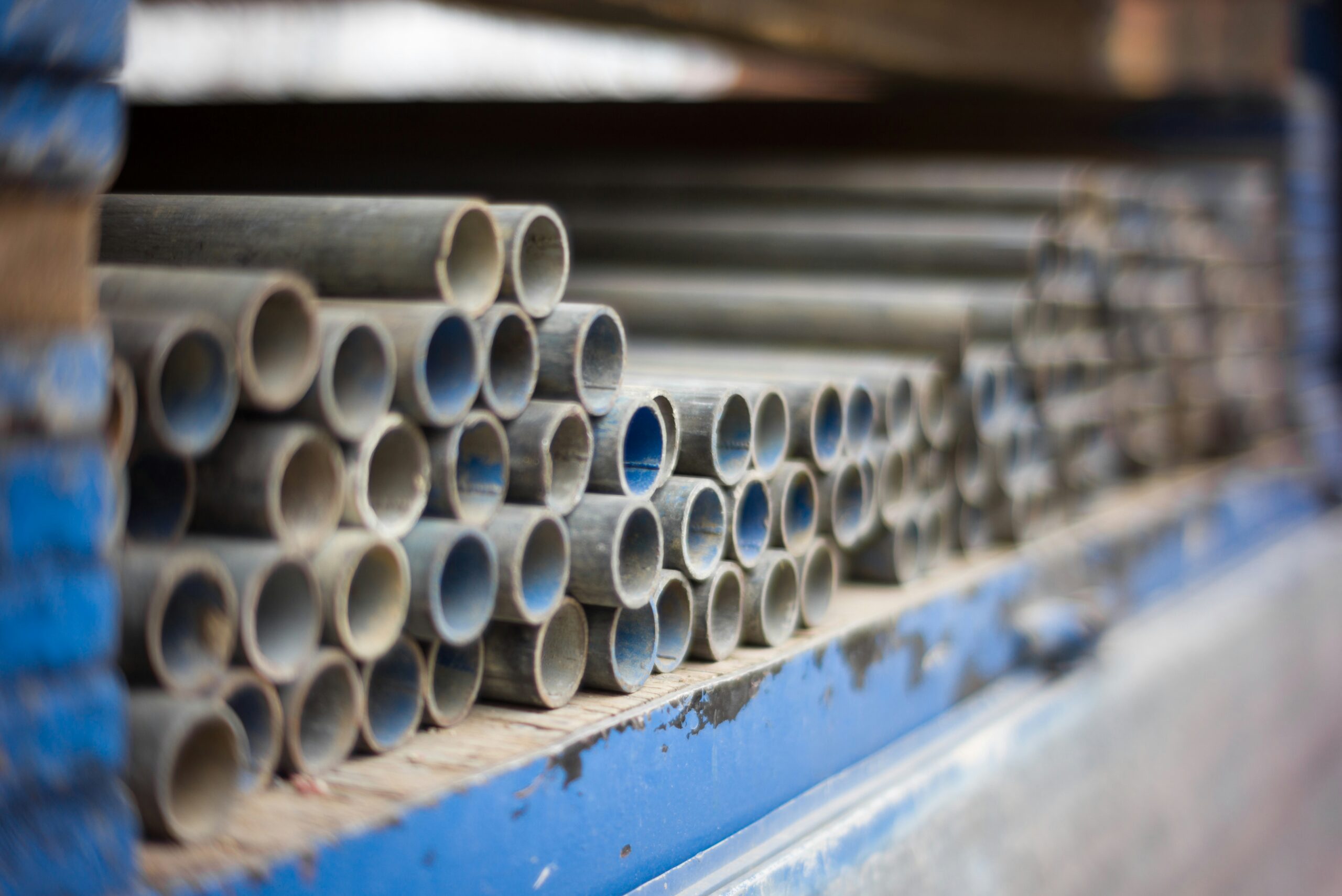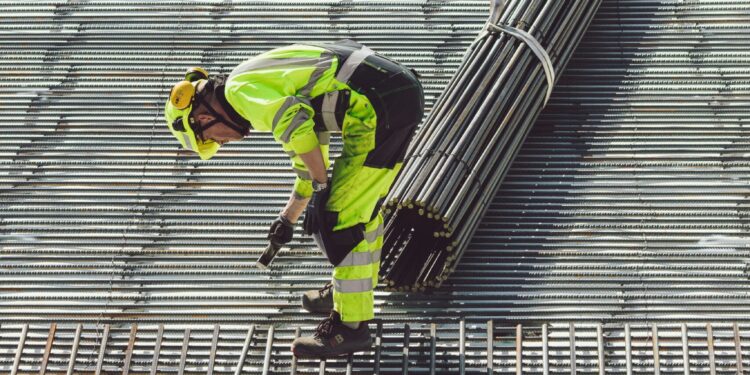The EU has announced plans to hike tariffs on imported steel in a move the UK’s steel industry has said could be “perhaps the biggest crisis” it has ever faced. The commission has set out plans to cut the amount of steel that can be imported into the bloc by half – beyond which the new 50% tariffs will apply. The EU is the UK’s most important export destination for steel, worth nearly £3bn and representing 78% of steel products made in the UK for overseas markets.
Unsurprisingly, the commission came under pressure from some member states and their steel industries, who have been struggling to compete with cheap imports from countries like China and Turkey. The EU is proposing to reduce tariff-free quotas for imports to 18.3 million tonnes a year—a 47% reduction from 2024 levels. The new measures will come into force early next year, but will first need to be approved by the majority of EU member states and the European Parliament.
“We have global over capacity, unfair competition, state aid, and undercutting in prices and we are reacting to that,” stated Stéphane Séjourné, the European Commission’s executive vice president for prosperity and industrial strategy. “Eighteen thousand jobs were lost in the steel sector in 2024. That’s too many, and we had to put a stop to that,” he told a news conference at the European Parliament in Strasbourg. The announcement is another blow to the UK steel industry, after a proposed deal to eliminate tariffs on UK steel exports to the US was put on hold indefinitely in September.

Speaking on his way to India on Tuesday, the prime minister said there was “strong support” from the government for the British steel industry, which could be severely impacted by EU tariffs. “I’ll be able to tell you more in due course, but we are in discussions as you’d expect,” Sir Keir Starmer said, refusing to go into the details of any discussion, including whether the UK was seeking exemptions.
Responding to the announcement, the director general of UK Steel, Gareth Stace, said the government “must go all out to leverage our trading relationship with the European Union to secure UK country quotas or potentially face disaster.” He also cautioned against the EU’s measures “redirecting millions of tonnes of steel towards the UK,” something which could be “terminal for many of our remaining steel companies.” The Community Union, representing UK steelworkers, called the measures an “existential threat” to the industry.
In a statement, the Department for Business said it was “pushing the European Commission for urgent clarification of the impact of this move on the UK.” “It’s vital we protect trade flows between the UK and EU and we will work with our closest allies to address global challenges rather than adding to our industries’ woes,” Industry Minister Chris McDonald said.
“This government has shown its commitment to our steel industry by securing preferential access to the US market for our exporters, and we continue to explore stronger trade measures to protect UK steel producers from unfair behaviours.” The government said the industry minister will meet steel representatives on Thursday to discuss their concerns.
Why It Matters
The European Union’s dramatic move to double its steel import tariff to 50% and slash import quotas by nearly half is a clear sign that global trade wars are intensifying, with UK steel caught squarely in the crossfire. The Commission frames this as a defensive, essential measure (a “last stand for the continent’s industrial sovereignty,” as one EU official put it) against a tidal wave of global steel overcapacity fueled by subsidised production from Asia and elsewhere. They argue that protecting the EU’s own jobs and securing its industrial base is not just protectionism but an act of strategic self-preservation, particularly as they push towards costly green steel production that needs market stability to succeed.
However, for the UK steel industry, which sends nearly 80% of its exports to the bloc, this decision feels less like a shield against China and more like a punitive trade barrier against a close neighbour. With the UK now fully outside the EU’s internal market, Brussels is asserting its leverage. By drastically reducing the duty-free quota to just 18.3 million tonnes across all trading partners, and subjecting excess imports to a crippling 50% duty, the EU is making British steel exports significantly less competitive.
This is an existential threat that could trigger immediate job losses in steel towns across Wales, Yorkshire, and the Midlands, already reeling from high domestic energy costs and a recent loss of preferential access to the US market. The EU’s action, while justified by its officials as an alignment with the US’s own high tariff regime, tragically exacerbates the post-Brexit trade tensions for Britain.
What Happens Now
The impact of the new EU steel tariffs on the UK is two-fold and potentially catastrophic. Firstly, the export crisis: the massive levy on shipments above the new, sharply reduced quota will severely curtail demand for British steel in its most vital market. UK producers, already operating on thin margins, cannot absorb a 50% tariff and remain competitive against EU domestic producers or even other exporters who may negotiate preferential deals. The result will be a sharp contraction in export revenue, forcing production cuts and, inevitably, redundancies.
Secondly, the import flood: as UK Steel’s Director General Gareth Stace rightly warns, this new protectionist wall around the EU will redirect millions of tonnes of cheap steel from other global producers (Turkey, China, India) towards the next most accessible market, which is the United Kingdom. Without robust trade defence measures and strong steel safeguards of its own, the UK risks becoming a dumping ground for the world’s steel surplus.
This influx of low-cost steel would critically undermine the domestic price base, making it impossible for the few remaining UK steel companies to compete even on their home soil.

















